Ethics
Recent articles
Stories about scientific misconduct, retractions, debates over research standards, and more
Two primate centers drop ‘primate’ from their name
The Washington and Tulane National Biomedical Research Centers—formerly called National Primate Research Centers—say they made the change to better reflect the breadth of research performed at the centers.

Two primate centers drop ‘primate’ from their name
The Washington and Tulane National Biomedical Research Centers—formerly called National Primate Research Centers—say they made the change to better reflect the breadth of research performed at the centers.
Oregon primate research center to negotiate with NIH on possible transition to sanctuary
The board of directors at Oregon Health & Science University, which runs the primate center, voted unanimously in favor of the move.

Oregon primate research center to negotiate with NIH on possible transition to sanctuary
The board of directors at Oregon Health & Science University, which runs the primate center, voted unanimously in favor of the move.
Going against the gut: Q&A with Kevin Mitchell on the autism-microbiome theory
A new review of 15 years of studies on the connection between the microbiome and autism reveals widespread statistical and conceptual errors.
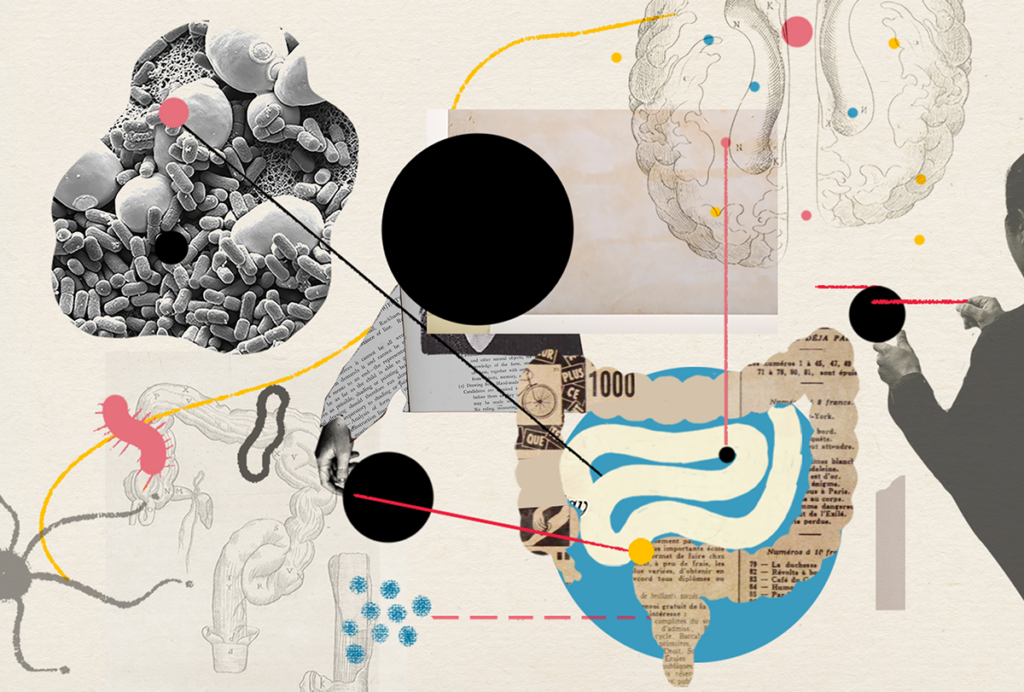
Going against the gut: Q&A with Kevin Mitchell on the autism-microbiome theory
A new review of 15 years of studies on the connection between the microbiome and autism reveals widespread statistical and conceptual errors.
‘Neuroethics: The Implications of Mapping and Changing the Brain,’ an excerpt
In his new book, published today, philosopher Walter Glannon examines the ethics of six areas of neuroscience. In Chapter 4, a portion of which appears below, he tackles the ethical considerations of using brain organoids in research.
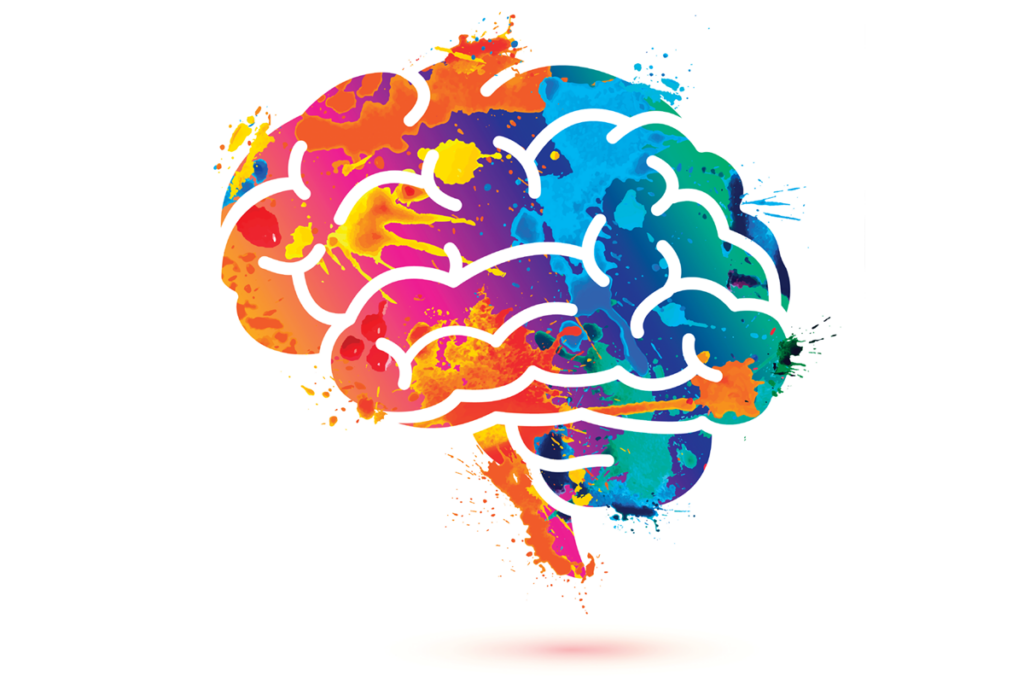
‘Neuroethics: The Implications of Mapping and Changing the Brain,’ an excerpt
In his new book, published today, philosopher Walter Glannon examines the ethics of six areas of neuroscience. In Chapter 4, a portion of which appears below, he tackles the ethical considerations of using brain organoids in research.
Nonhuman primate research to lose federal funding at major European facility
The Dutch Senate has ordered the Biomedical Primate Research Centre in the Netherlands to shift its funding away from primate experiments by 2030.
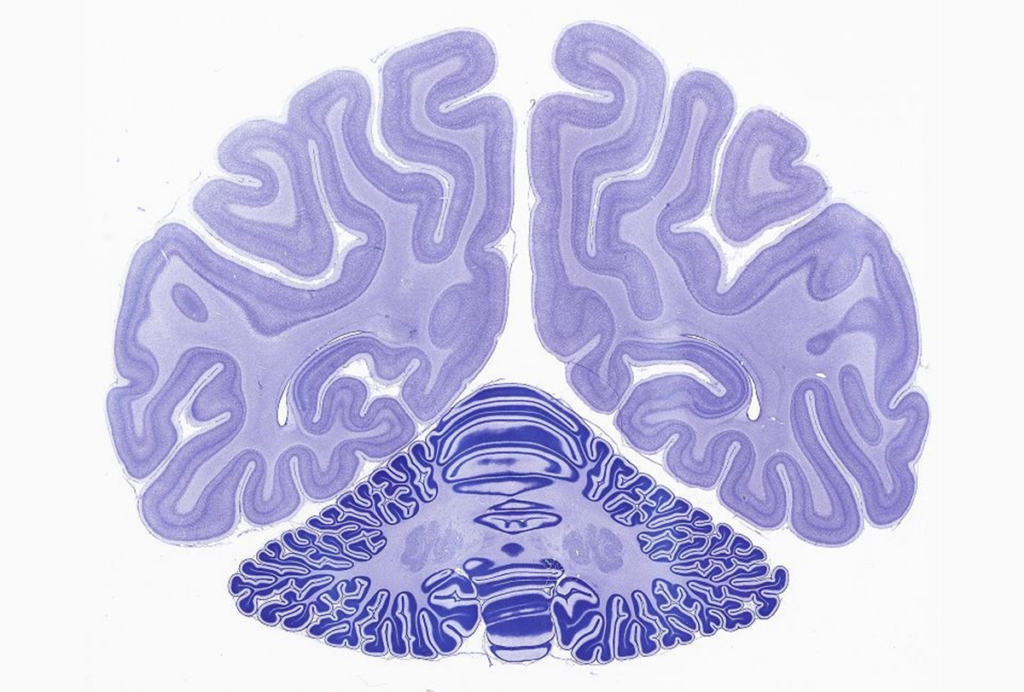
Nonhuman primate research to lose federal funding at major European facility
The Dutch Senate has ordered the Biomedical Primate Research Centre in the Netherlands to shift its funding away from primate experiments by 2030.
Image integrity issues create new headache for subarachnoid hemorrhage research
First-time sleuths found potentially problematic images in hundreds of papers about early brain injury after subarachnoid hemorrhage.
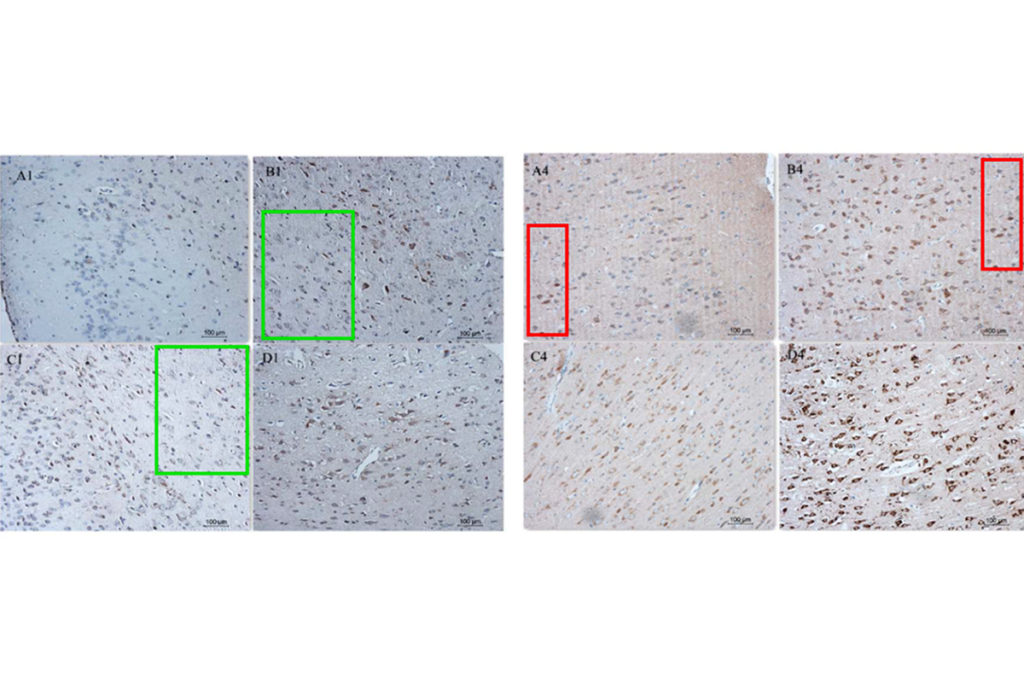
Image integrity issues create new headache for subarachnoid hemorrhage research
First-time sleuths found potentially problematic images in hundreds of papers about early brain injury after subarachnoid hemorrhage.
Alzheimer’s paper retracted over apparent image duplication
The editors of Neurobiology of Disease, which published the paper, also questioned how the study’s experimental protocols received ethical approval.

Alzheimer’s paper retracted over apparent image duplication
The editors of Neurobiology of Disease, which published the paper, also questioned how the study’s experimental protocols received ethical approval.
Alzheimer’s scientist forced to retract paper during his own replication effort
Gary Dunbar, a neuroscientist at Central Michigan University, was attempting to redo the 2020 paper after a collaborator admitted to using flawed data in the original work.
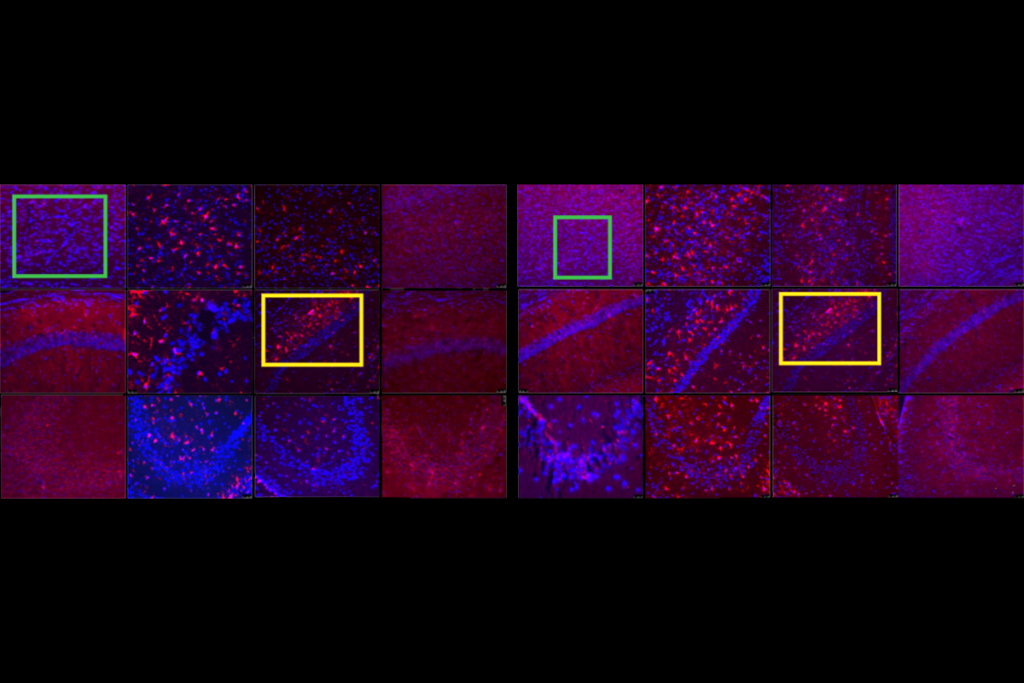
Alzheimer’s scientist forced to retract paper during his own replication effort
Gary Dunbar, a neuroscientist at Central Michigan University, was attempting to redo the 2020 paper after a collaborator admitted to using flawed data in the original work.
NIH proposal sows concerns over future of animal research, unnecessary costs
The new NIH policy calls for greater incorporation of new approach methodologies in all future Notices of Funding Opportunities related to animal model systems.
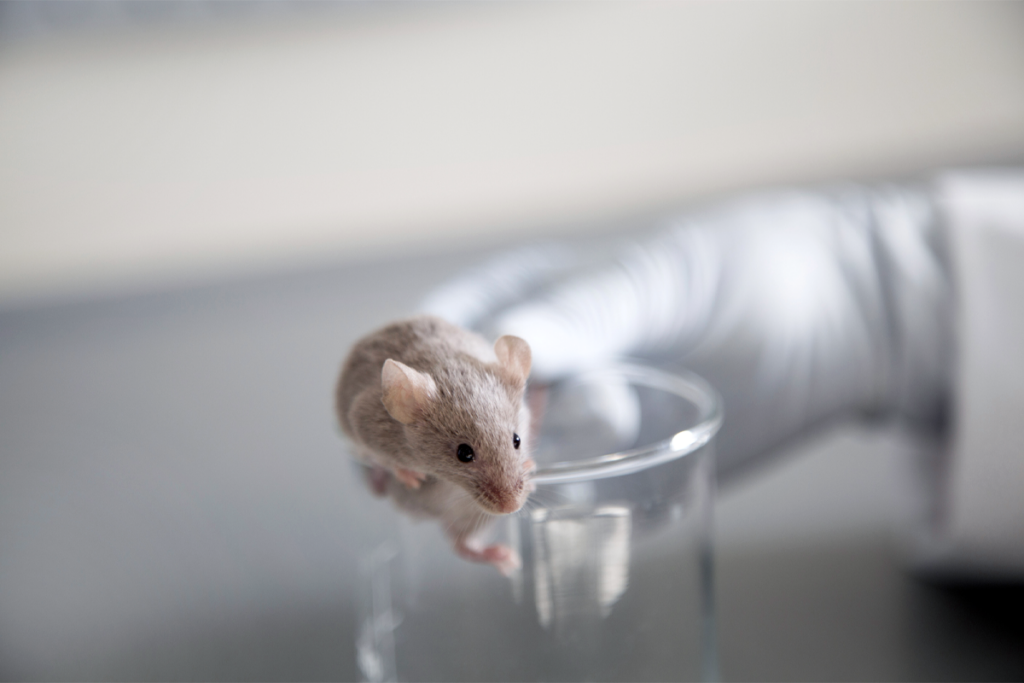
NIH proposal sows concerns over future of animal research, unnecessary costs
The new NIH policy calls for greater incorporation of new approach methodologies in all future Notices of Funding Opportunities related to animal model systems.
Exclusive: Issues with dozens of papers prompt inquiry into prolific stroke researcher
Two of John H. Zhang’s papers have been retracted, 19 have corrections, and 27 have expressions of concern.

Exclusive: Issues with dozens of papers prompt inquiry into prolific stroke researcher
Two of John H. Zhang’s papers have been retracted, 19 have corrections, and 27 have expressions of concern.
Explore more from The Transmitter
Dendrites help neuroscientists see the forest for the trees
Dendritic arbors provide just the right scale to study how individual neurons reciprocally interact with their broader circuitry—and are our best bet to bridge cellular and systems neuroscience.

Dendrites help neuroscientists see the forest for the trees
Dendritic arbors provide just the right scale to study how individual neurons reciprocally interact with their broader circuitry—and are our best bet to bridge cellular and systems neuroscience.
Post-infection immune conflict alters fetal development in some male mice
The immune-conflict between dam and fetus could help explain sex differences in neurodevelopmental conditions.

Post-infection immune conflict alters fetal development in some male mice
The immune-conflict between dam and fetus could help explain sex differences in neurodevelopmental conditions.
Three ecological psychologists on the right and wrong ways to use the field’s principles in neuroscience
Matthieu de Wit, Luis H. Favela and Vicente Raja weigh in on the recent trend of neuroscientists importing concepts from ecological psychology, the study of how an organism’s interactions with its environment explain perception and action.
Three ecological psychologists on the right and wrong ways to use the field’s principles in neuroscience
Matthieu de Wit, Luis H. Favela and Vicente Raja weigh in on the recent trend of neuroscientists importing concepts from ecological psychology, the study of how an organism’s interactions with its environment explain perception and action.